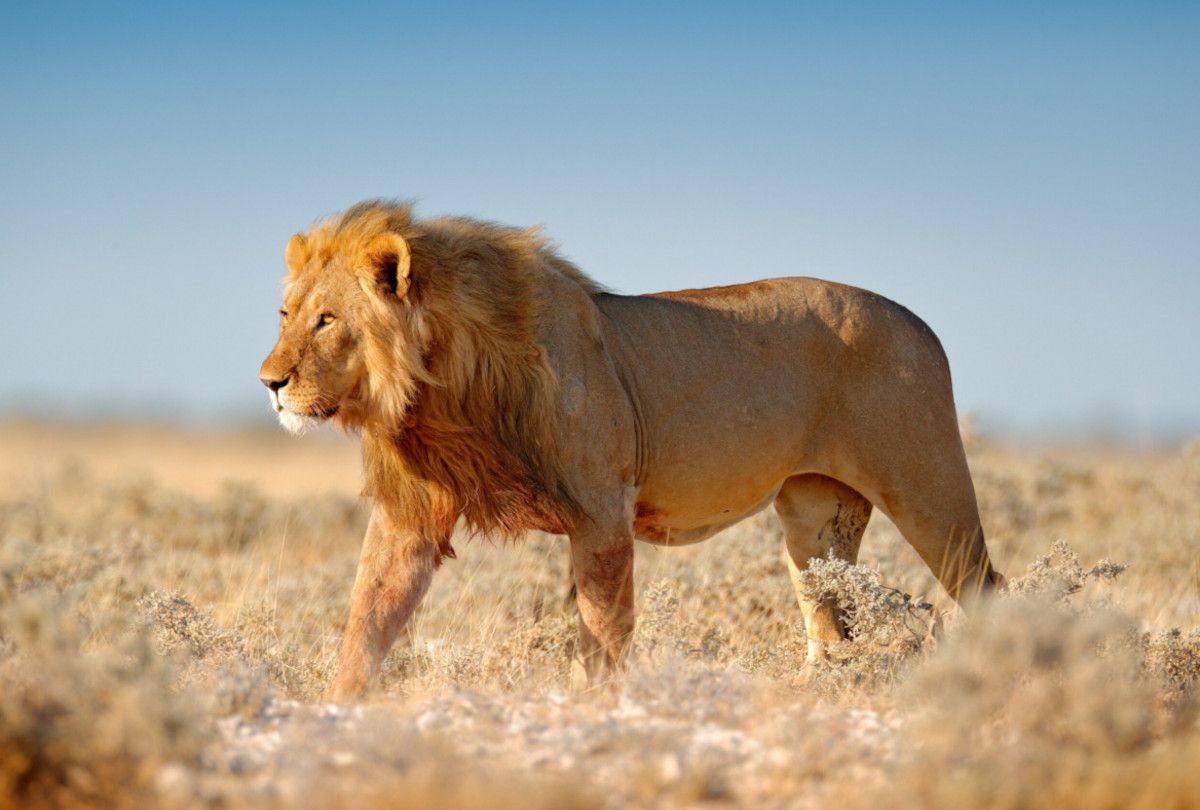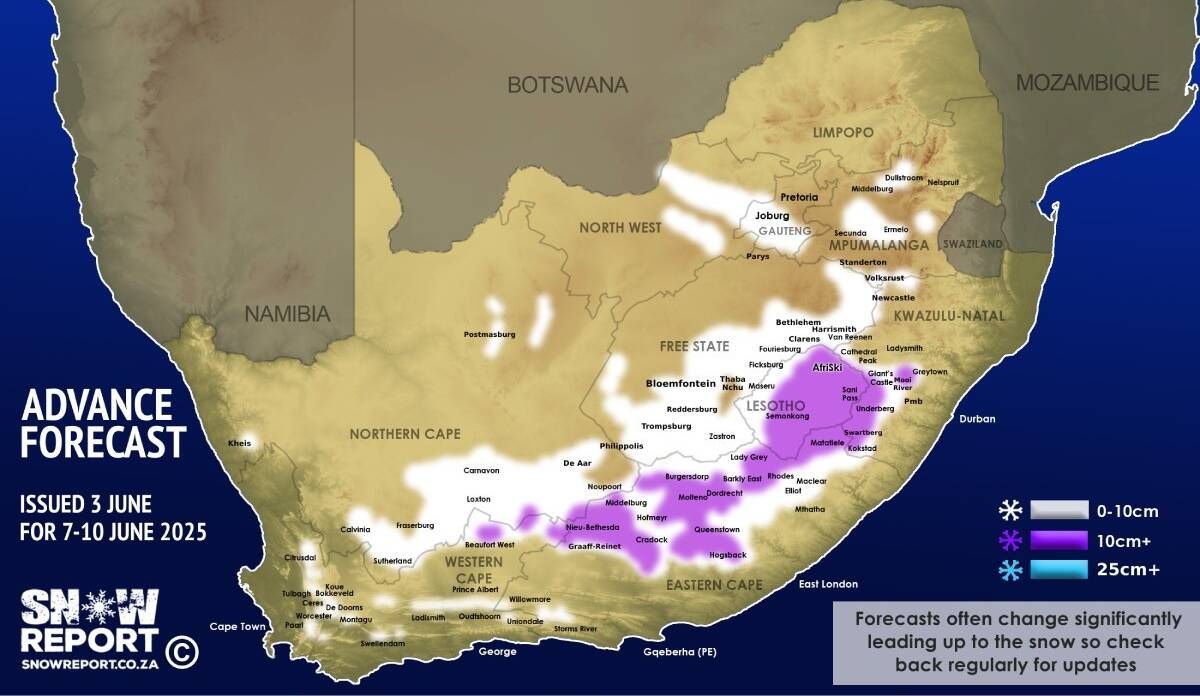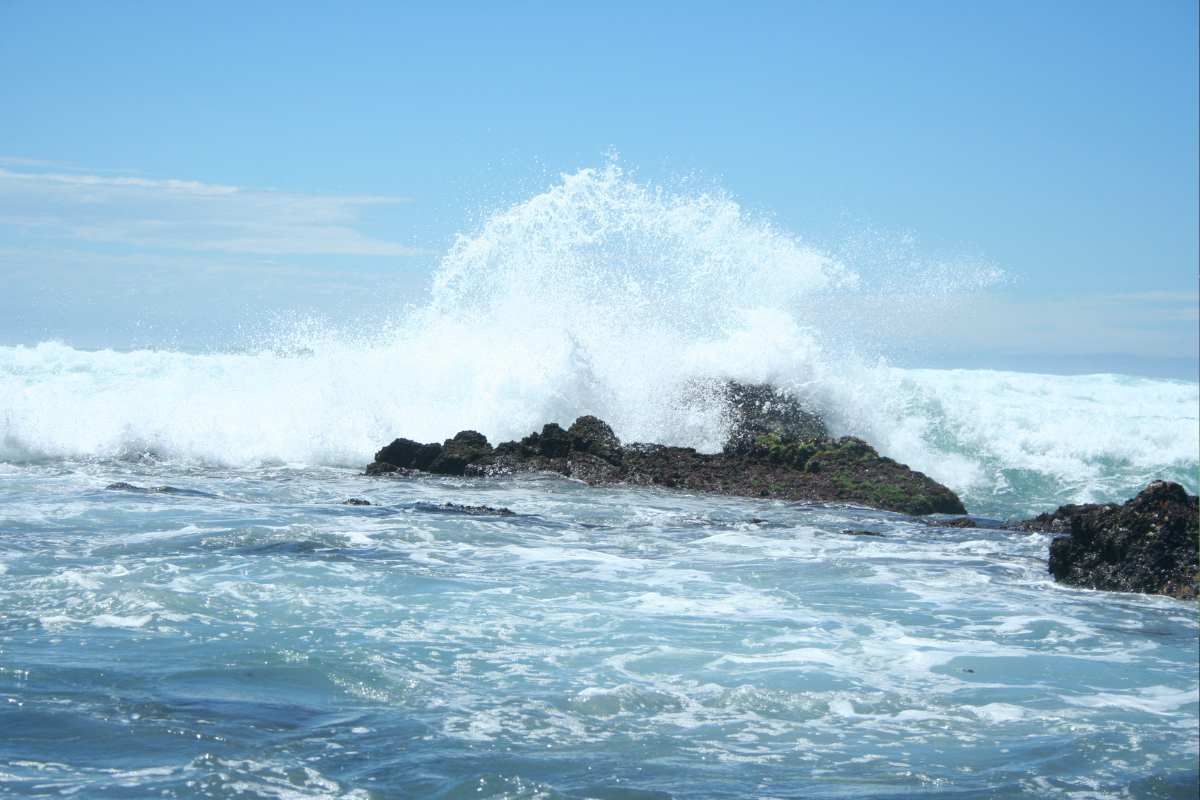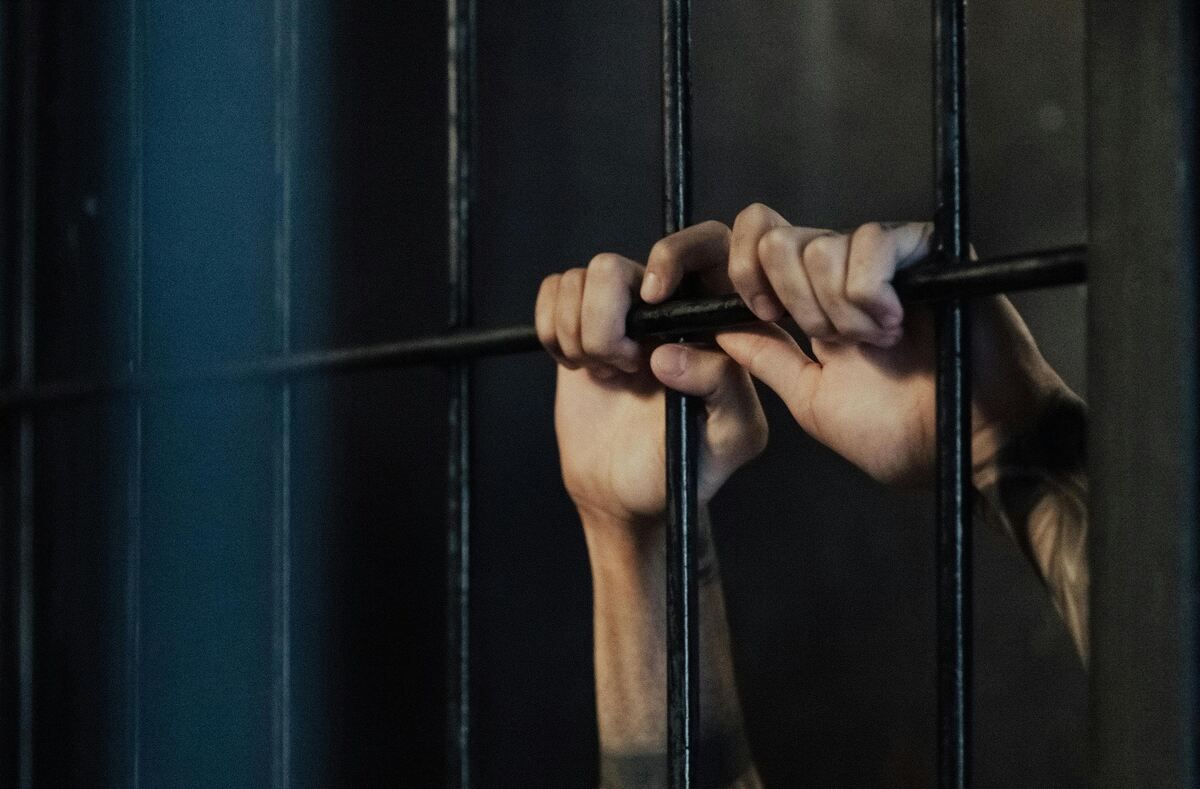
A remote and normally tranquil corner of northwestern Namibia has become the focus of a tragic wildlife attack after a well-known German businessman and conservation advocate, Bernd Kebbel, was mauled to death by a lion during a luxury safari.
The incident occurred at the Hoanib Skeleton Coast Camp, located in the Sesfontein Conservancy, an area famed for its rugged beauty and the rare desert-adapted lions that roam freely across the arid landscape.
On safari
According to authorities, the 59-year-old Kebbel was killed in the early hours of the morning after stepping outside his tent.
Kebbel had been on safari with his wife and friends, enjoying a peaceful evening under the stars.
According to a statement from Namibia’s Ministry of Environment, Kebbel exited his tent around dawn, unaware that a lion had ventured close to the campsite.
The lion pounced without warning.
Despite frantic attempts by those nearby to drive the animal off, it was too late. By the time help arrived and the lion retreated, Kebbel had succumbed to his injuries.
Conservation irony
The tragedy is especially bitter given Kebbel’s long-standing involvement in conservation.
A successful entrepreneur and founder of Off-Road-Centre, a company that specialised in safari vehicle outfitting, Kebbel was also known for his philanthropic efforts to protect Namibia’s wildlife.
His death at the jaws of the very animals he worked to preserve adds a grim layer of irony to the incident.
“He loved Namibia’s wild spaces,” a friend told local media.
“That’s what drew him back again and again.”
Investigation
Namibian police have launched a full investigation into the attack, while the Ministry of Environment has dispatched officials to the site to assess risk levels and determine whether further action needs to be taken regarding the lion or broader camp safety protocols.
The desert-adapted lions of the Skeleton Coast are a unique and endangered population, numbering just 60 adults according to recent conservation estimates.
These lions are highly valued by researchers for their ability to survive in one of the most extreme environments on earth, but increasing human-wildlife conflict, driven by food scarcity and habitat encroachment, has pushed them closer to tourist camps and rural communities.
A wider pattern
Kebbel’s death is the latest in a growing list of incidents that have reignited debate about the dangers of ecotourism and the fragile balance between wildlife conservation and human safety.
In April, a teenage girl in Kenya was killed by a lion on a ranch adjacent to Nairobi National Park, prompting outcry from both conservationists and rural communities.
Namibia itself has come under scrutiny after approving the controversial culling of hundreds of wild animals in 2024, including elephants, in an effort to manage drought-induced food insecurity.
With tourism being a key pillar of Namibia’s economy and a vital source of funding for conservation, the government now faces mounting pressure to enhance safety protocols while preserving the wildness that draws visitors from around the world.
Bernd Kebbel is survived by his wife and two children.
Post your condolences below, by …
Leaving a comment below, or sending a WhatsApp to 060 011 021 1
Subscribe to The South African website’s newsletters and follow us on WhatsApp, Facebook, X and Bluesky for the latest news.













